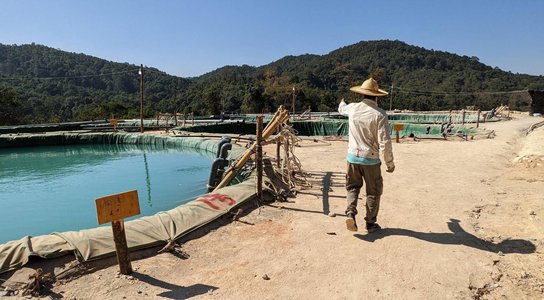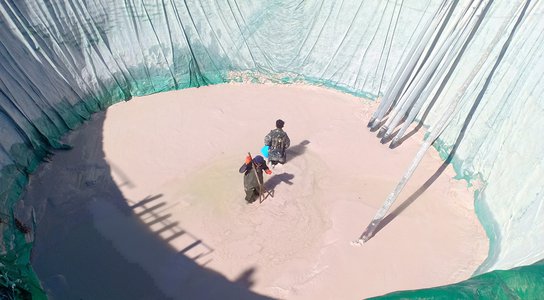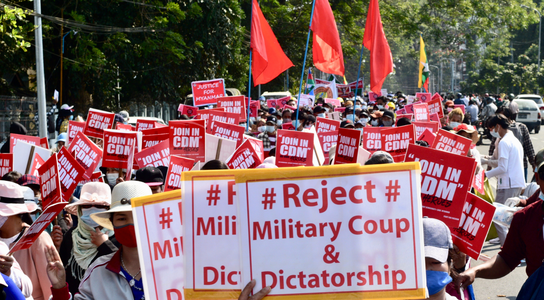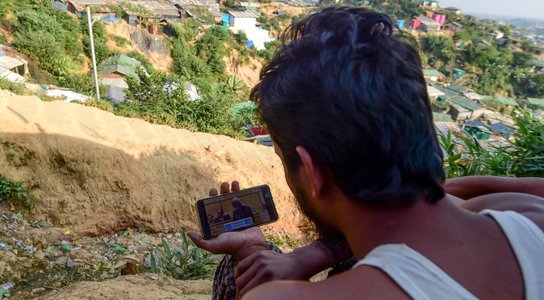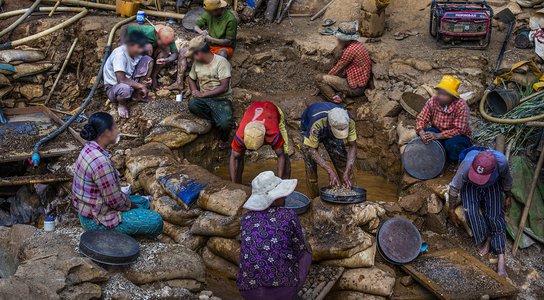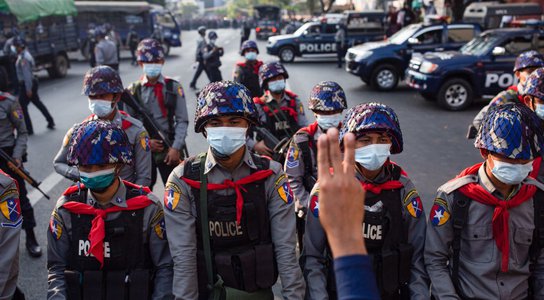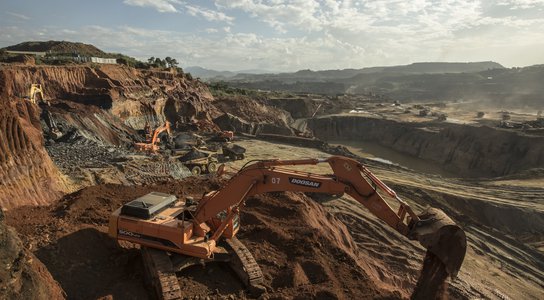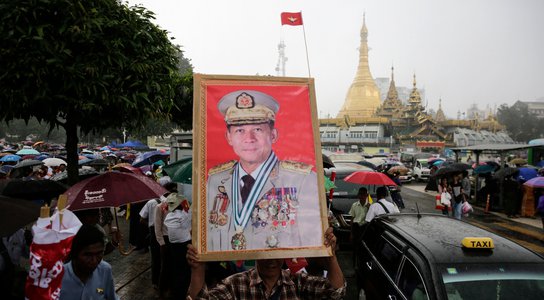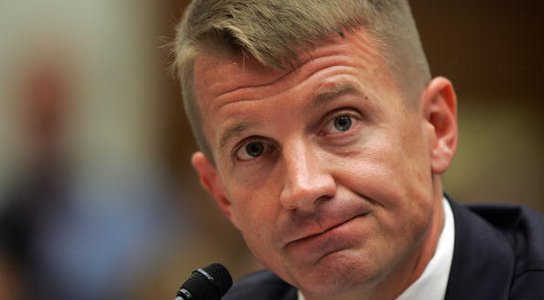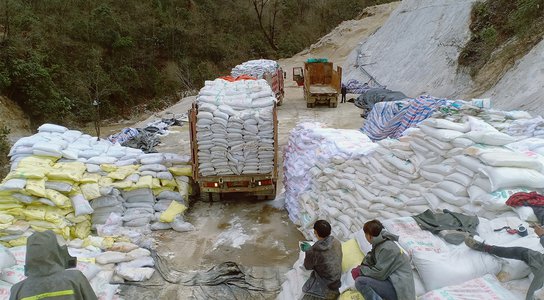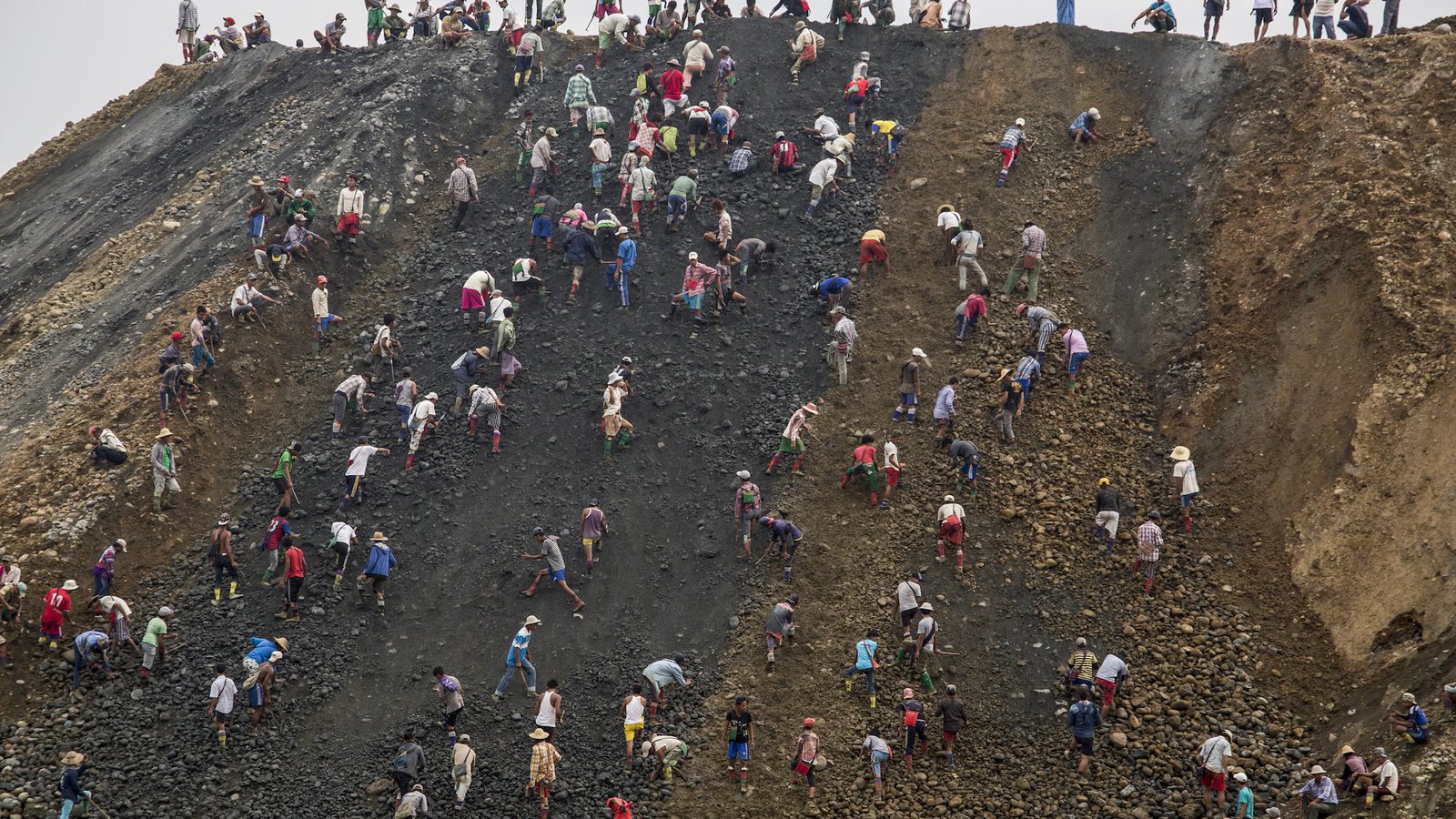For almost half a century, Myanmar was run by an iron-fisted military dictatorship which exploited the country’s vast natural resources like gas, gems, timber and land to their own benefit, fuelling corruption while enflaming civil conflict. As Myanmar began to emerge from military rule there was optimism that it would embrace democratic values and transition to a more inclusive and rights-respecting country, making peace with historically marginalized and oppressed ethnic minorities.
A new civilian government led by Aung San Suu Kyi took office in 2016. Prioritizing ending decades of civil war and rebooting an economy smothered by the junta, one of her government’s first actions was imposing a licensing freeze on the mining of precious stones, promising to reform the tainted gemstone industry.
Yet the military retains its constitutionally-protected grip on power and the civilian government has been unable to meaningfully progress peace, while civil conflicts continue in large areas of the country. The atrocities committed by the Myanmar military against the Rohingya and the extremism which created a permissive environment within the country have shaken the world’s conscience, deterring western investment and spurring reconsideration of foreign policies towards Myanmar.
Our exposés into Myanmar’s gemstone sector have long underlined why natural resources must be a part of peace talks. Global Witness was one of the first to expose the extent of corruption and the illicit trade in Myanmar’s gemstones. Our 2015 investigation into the jade industry revealed a sector worth up to an estimated $31 billion in 2014 that was secretly controlled by a network of military elites, drug lords and their cronies unchanged from the darkest days of the junta. In 2017 we showed how - despite the Aung San Suu Kyi government’s efforts to clean up the trade jade was continuing to contribute to ethnic armed conflict.
As well exposing problems in the sector, through our advocacy we push for transparency and improved governance. We support local partners engaged in Myanmar’s Extractive Industries Transparency Initiative to support much needed reforms in Myanmar’s oil, gas and mining industries that, if fully implemented within an enabling environment for civil society, could be transformative.
There is a real opportunity for the people of Myanmar to benefit from the country’s vast resource wealth and build better lives. But this will only happen if the Myanmar government wrests the economy back from the hands of the military elite, supports accountability and secures a sustainable peace process that addresses the resource and economic drivers of conflict among other complex issues.
